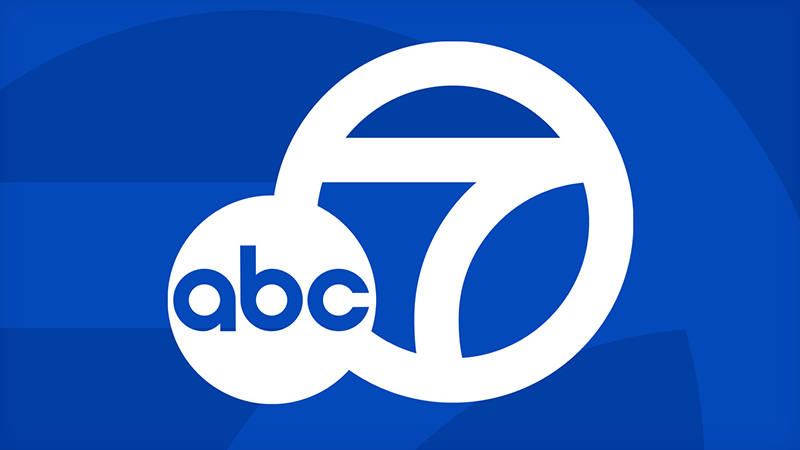Measles outbreak linked to Disneyland declared over

LOS ANGELES -- California health authorities on Friday declared an end to a large measles outbreak that started at Disneyland and triggered a national debate about vaccinations.
Disease detectives for months raced to contain the highly contagious disease, which surfaced at Disney theme parks in December and spread to a half-dozen U.S. states, Mexico and Canada.
The outbreak sickened 147 people in the U.S., including 131 in California. There were no deaths.
Officials at the California Department of Public Health said no new infections have been reported for the past 42 days - or two incubation periods - meaning the outbreak is over in the U.S.
"Having this measles outbreak behind us is a significant accomplishment," said Dr. Gil Chavez, state epidemiologist.
Many who fell ill were not immunized against measles. Some cited personal reasons for refusing shots, and others were too young to get the measles-mumps-rubella vaccine.
The Disneyland episode prompted state lawmakers to introduce a bill that would bar parents from seeking vaccine exemptions for their children because of personal beliefs. The proposed legislation has stirred heated debates, and a committee delayed a vote until next week.
Doctors said the outbreak could have been worse if it wasn't for the aggressive public health response, which included tracking down thousands of people potentially exposed to measles-stricken patients and isolating the sick until they were no longer contagious.
"It's a lot of work, and it's very expensive," said Dr. James Cherry, an infectious disease specialist at the University of California, Los Angeles, who had no role in the measles investigation.
While the Disneyland outbreak is over in the U.S., it's still a problem in the Canadian province of Quebec, where 159 people were sickened after someone visited the theme park and returned home. Most belong to a tight-knit religious community with a low vaccination rate.
Measles has been eliminated in the U.S. for more than a decade, but outbreaks still occur when travelers become infected abroad and spread the virus among unvaccinated populations in their home country.
Authorities said they may never know who sparked the Disneyland outbreak but believe it was someone who caught the virus overseas and visited the theme park while contagious.
Forty-two people were exposed to measles while visiting or working at Disneyland or Disney California Adventure Park in Orange County in December. They then spread the illness to dozens of family members, health officials said.
Others caught the virus in the community, including at hospitals, schools, malls and airports. About 20 percent had to be hospitalized.








